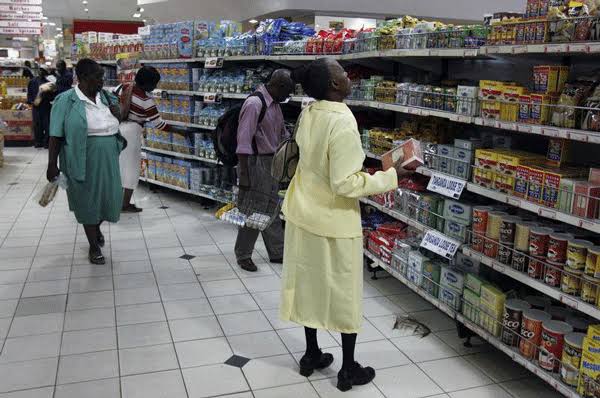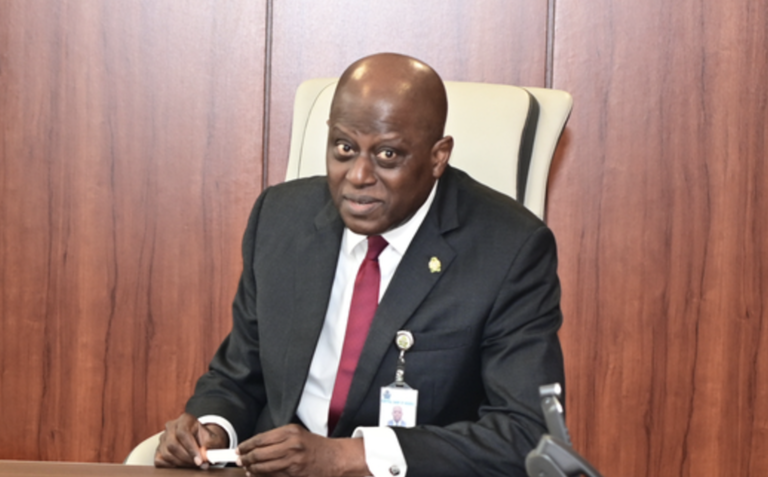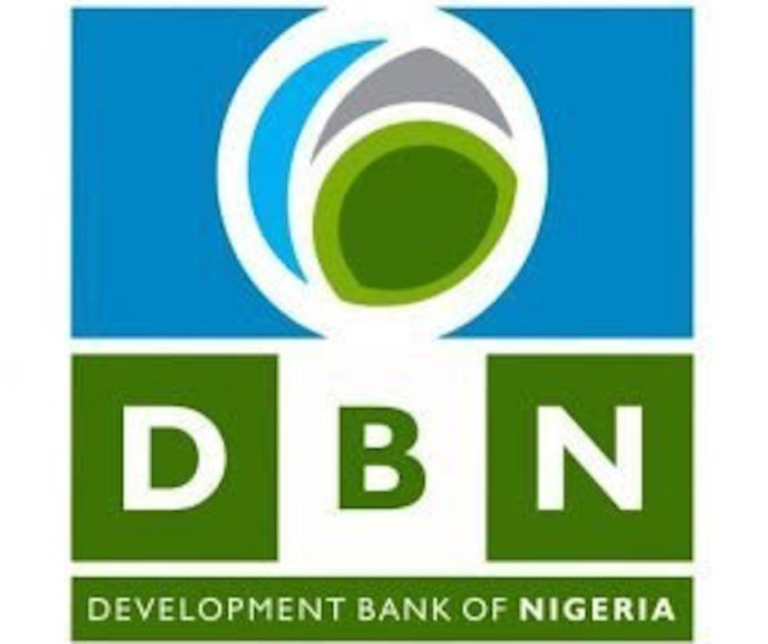In the vibrant markets of Lilongwe, the capital city, many vendors are finding it increasingly difficult to sustain their businesses, leading to a growing sense of despair.
Noria Chirambo, a vendor specializing in second-hand clothing, expressed her frustrations, stating, “My business is no longer yielding profits. I am truly struggling,” she shared with AFP.
This economic decline comes just months before the general elections in September, where President Lazarus Chakwera is campaigning for a second term.
Steve Magombo, the Chairperson of the Vendors Association in Lilongwe, elaborated on the gravity of the situation: “We organized a march to parliament to voice our concerns to the government. Our business partners, primarily Indian and Chinese, have been increasing prices—sometimes up to three times a day and with significant margins. We wanted our leaders to grasp the challenges we are facing,” he explained.
For vendors like Chirambo, the crisis transcends mere business difficulties; it is a question of survival.
She shared, “I am facing numerous challenges at home because my business is no longer profitable, and I have orphaned children to support. With rising commodity prices, I struggle to pay school fees from the little income I earn from vending. The tough economic climate has made it incredibly hard for me.”
see more: Sudanese residents rely on soup kitchens amid war
Agness Nyirongo, an Economic Governance Programs Officer at the Center for Social Concern, emphasized the severe effects of inflation on family livelihoods. “The escalating prices of essential goods are creating significant hardships for families. Meeting their basic needs—be it food, education, or healthcare—has become a daunting task.”
The economic strain is palpable nationwide, with families grappling to afford basic necessities like food, education, and medical care.








